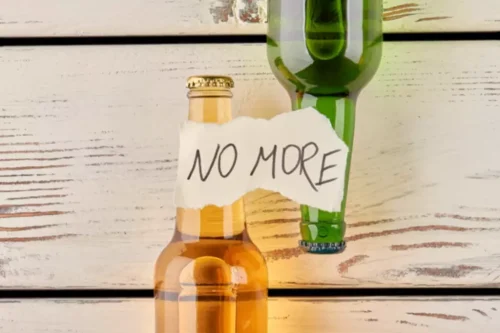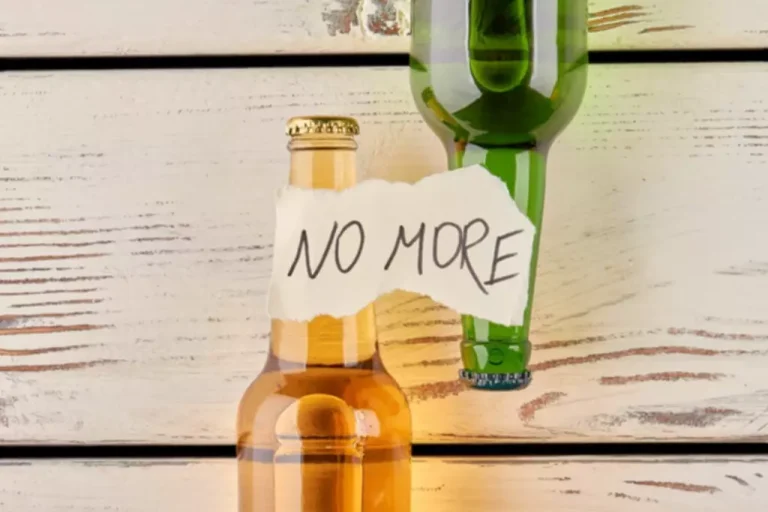

Utilizing these strategies and seeking proper treatment for AUD can improve the lives of all involved and lead to a stronger, healthier relationship in the future. These groups allow members to speak in a safe environment about the impact alcohol has on their lives. Peers can provide advice and comfort to help one another through tough times.
From Our Partner
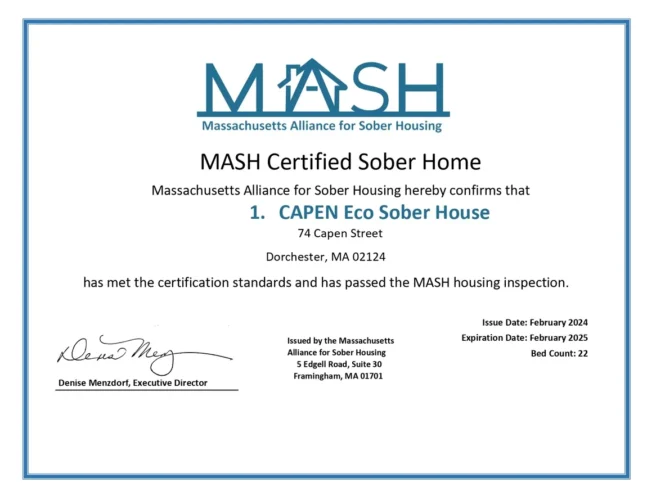

It can indicate unhealthy coping mechanisms, lack of self-control, and potential challenges in communication and emotional well-being. Abuse of alcohol Sober living house on a chronic basis, putting off one’s obligations, and putting a burden on one’s mental and physical health can make it challenging to sustain a relationship that is both healthy and enjoyable. Alcohol can impede effective communication by warping one’s thinking, weakening one’s voice, and limiting active listening.
- Open and honest communication about each partner’s expectations and concerns regarding alcohol can help prevent potential conflicts.
- If you’ve begun hiding how much and how frequently you drink from your partner, drinking has become a significant aspect of your relationship.
- Two people develop trust because each has proven to be trustworthy and reliable.
Signs That Alcohol May Be Negatively Impacting Your Relationships
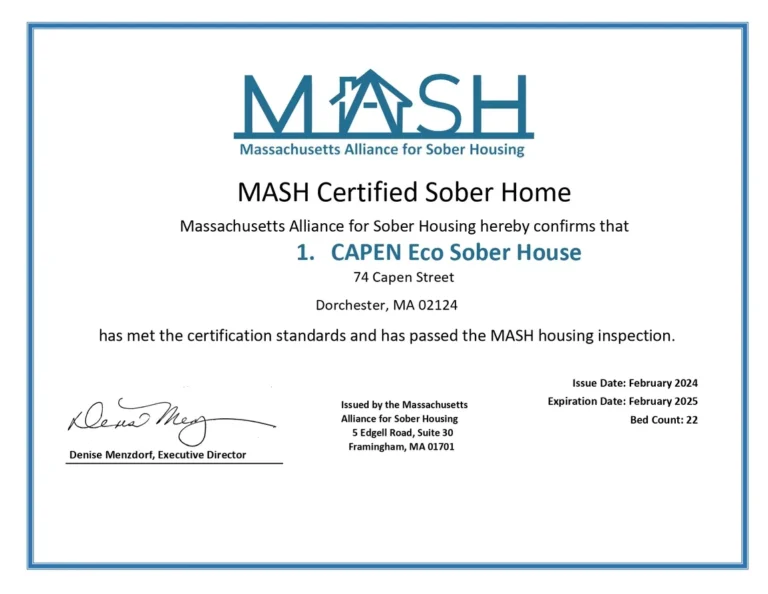

Those who prioritize the needs of their partner above their own often suffer from mental health issues like depression and low-self esteem. When you feel affected by codependency, it’s helpful to take a break or distance yourself from alcohol and relationships the relationship. Cutting the drinking off before it can develop into addiction can help prevent its devastating outcomes.
HHS Committee Publishes Findings on Alcohol and Health
Fairbairn is a co-investigator on this project, along with Brooke Feeney, a professor of psychology at Dietrich College. Studies have found a strong link between alcohol and domestic violence. In the US, alcohol is a factor in 40% of reported domestic violence cases. Research shows that large quantities of alcohol in the system can increase a sense of personal power and domination over others, which might lead to aggression. Alcohol can also make it hard to understand what others are saying or doing, making misunderstandings more likely and aggressive reactions more common.
- Frequent drinking can also cause mood swings, making the relationship feel unstable.
- Alcoholism can serve as a red flag in a relationship, signaling potential issues that require attention.
- Alcohol ruins relationships because it can fuel conflict and arguments, amplifying negative emotions and leading to heated disputes that escalate quickly and have long-lasting consequences on the relationship.
- This might involve deciding to have some non-alcoholic drinks with dinner a couple of night’s a week.
- Trust is essential for a healthy and functioning relationship and can be challenging to repair once damaged.
- Building a strong support network reassures that the recovery journey is not a solitary path, enabling both personal growth and relationship repair.
Schedule time with a couple’s counselor to help build better communication
“For example, if you consume one drink per day, you have a 10% increased relative risk of getting breast cancer, and if you consume more than two drinks a day, then you have a 30% increased relative risk … Of getting a breast cancer” when compared with those who don’t drink alcohol, Ahluwalia explained. The labels are not yet a done deal and require approval from Congress (which is expected to be an uphill battle), but there is no doubt that research shows alcohol consumption does increase cancer risk. The International Agency for Research on Cancer even categorizes alcohol as a Group 1 carcinogen, the highest risk classification for a cancer-causing substance.
Signs alcohol may be affecting your relationship
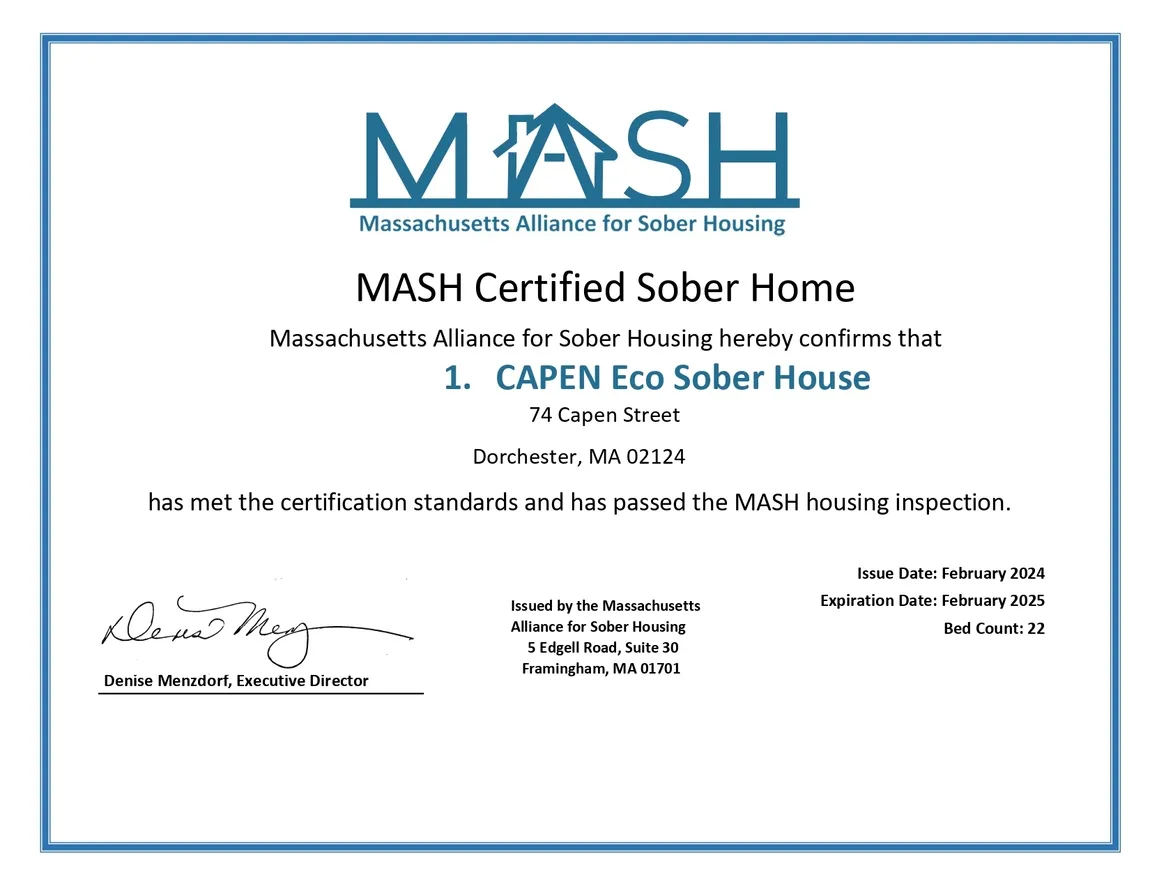

Because proper communication is impossible without honesty, both people could begin feeling alone and isolated, increasing feelings of sadness and resentment. Excessive alcohol consumption can lead to broken promises, trust issues, and an increased risk of infidelity. Understanding these effects is essential for individuals and couples grappling with the challenges of alcohol and relationships. To mitigate the negative impact of alcohol on conflict and arguments within relationships, it https://ecosoberhouse.com/ is crucial for individuals to establish boundaries and guidelines around alcohol consumption. Open and honest communication about each partner’s expectations and concerns regarding alcohol can help prevent potential conflicts.
